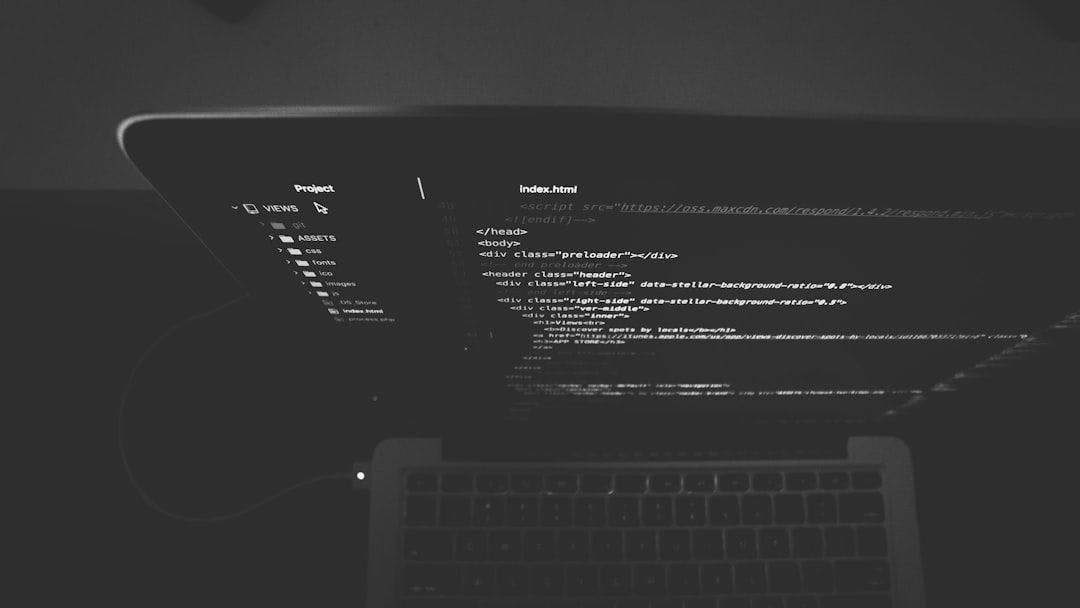Several widely floated 2028 contenders are making their foray into the podcasting world, part of a broader trend of politicians using the platform to expand their reach.
Kentucky Gov. Andy Beshear (D) is the latest rising political star to launch his own podcast, joining other high-profile names like California Gov. Gavin Newsom (D) and Sen. Ted Cruz (R-Texas).
Their entrance into audio programing has raised speculation over their future ambitions and underscores the way political figures are turning to alternative forms of media to get their message out.
“It really kind of goes back to how we were able to communicate during COVID,” Beshear told The Hill in an interview, regarding the impetus of his podcast. “COVID was a scary time. People were nervous about their future and the future of not just our country, but the world. And it was at that time that I started doing daily updates on what we knew, taking questions.”
Beshear noted that during President Trump’s second term, people started approaching him again about his daily updates, “looking for a way to take the concern and the stress and to be able to talk about it in a way where you feel like you address it, but at the same time, it takes a little bit of that stress off your shoulders.”
Beshear and Newsom have become two of the biggest political stars to join in on the trend of making their podcasts. Newsom’s podcast says its aim is to “have honest discussions with people that agree AND disagree with us,” being able to debate in a way that doesn’t denigrate others.
Beshear — whose own podcast diet includes political and nonpolitical ones, such as sports commentator Rich Eisen — is looking to have conservations about a variety of topics, including politics, and says it’ll be a space where “real conversations bridge divides and foster understanding.”
“It’s the idea that when people wake up in the morning, they’re not thinking about politics, they’re thinking about their job, and whether they’re making enough to support their family. They’re thinking about their next doctor’s appointment for themselves, their parents or their kids,” Beshear said.
“Thinking about the roads and bridges they drive each day, [the] public school they drop their kids off at, and the public safety in their community,” he continued. “And so I think what you’ll hear on the podcast is both a focus on those areas, because I think that’s — explains so much about how people are voting right now, but also how we can find common ground.”
The two Democrats aren’t the only ones turning to podcasts as a way to connect with listeners and grow their audience. Cruz’s podcast started back in 2020 during Trump’s first impeachment, where he used his first episodes to analyze and comment about Trump’s impeachment trial. His program was at one point one of the top-performing podcasts.
“Much of the corporate media does not provide in-depth coverage of what is going on,” Cruz told The Hill in an interview in 2023. “The reason why people faithfully listen three times a week is because when they’re done they’ve learned something … far better than what they’re able to get from the vast majority of media sources.”
His podcast still has an impressive reach. A Cruz strategist told The Hill this week that the senator’s podcast had 2.6 million downloads in March alone.
“The thought process behind it was always like, ‘Hey, what’s a way we can talk directly to voters and, you know, show voters the side of Ted Cruz they may not normally get” from a speech or hit on Fox News?'” the Cruz strategist said.
The strategist also noted that GOP members in both the House and Senate have reached out to Cruz about potentially starting their own podcasts, only to quickly find out it’s a time-consuming endeavor. That hasn’t stopped some from taking the leap, though.
For a period, Sen. Josh Hawley (R-Mo.) had his own podcast with his wife and Supreme Court attorney, Erin Hawley. A handful of members between the two parties in the House also have their own podcasts, too.
Plenty of others have been guests on a podcast.
“I think basically, this is just another example of politicians finding that we have a way to communicate, oh, and by the way, it’s free,” said Jonathan Nagler, co-director of the New York University’s Center for Social Media and Politics.
Experts say podcasts are a way to create intimate relationships with listeners and can pull back the curtain on the politicians hosting them. Podcasts are also a calculated method of introducing lawmakers to everyday listeners.
Nagler noted that it allows them to “totally control the medium” and “they don’t need to invite people on their podcast who are going to grill them with difficult questions they don’t want to answer.”
That doesn’t mean the podcasts never attract criticism.
Newsom has drawn pushback for having conservatives Charlie Kirk and Steve Bannon on his show — prompting criticism from members of his party for giving them a platform on his show. Newsom has also received heat for his comments in his episode with Kirk, when he said that transgender women playing in sports that align with their gender identity is “deeply unfair.”
Newsom has defended having the guests on his show and in a recent interview with The New York Times said of transgender athletes participating in sports that align with their gender that it “impedes other people’s rights.”
The timing of the podcasts has raised speculation, too, particularly for Newsom and Beshear, who have been widely floated as possible White House candidates for 2028. And experts say it’s not entirely certain whether politicians will be able to expand their reach through podcasting alone.
That doesn’t mean politicians won’t try though. The Cruz strategist noted that the senator has done college campus tours with his podcast, making a pitch to students noting that, while they may not agree with him they should listen to several episodes and see what they think.
“If Gavin Newsom and Andy Beshear do it right, they will be able to have a relationship with people,” said Shaniqua McClendon, vice president of politics for Crooked Media. “I don’t know that anyone will be able to accomplish what…Donald Trump has accomplished, but they’ll have, like, a really deep relationship with people that will be impenetrable.”
Beshear for his part shrugged off a question over whether viewers should be interpreting his new podcast as him taking a step toward 2028.
“My podcast was intended to make sure that we could communicate with as many people who wanted to hear our message of relentless focus on those everyday challenges to American families, and also that it is possible to find common ground, because the things we care about the most in life typically aren’t political at all,” Beshear said.
“I think a lot of people out there wish that they could know people in government or in politics a little bit better, but 2028 is a long way away,” he added. “I’m focused on being the best governor I can be, and then … leading the DGA next year, and regardless of what 2028 eventually ends up looking like, I’m committed to not leaving a broken country to my kids.”








